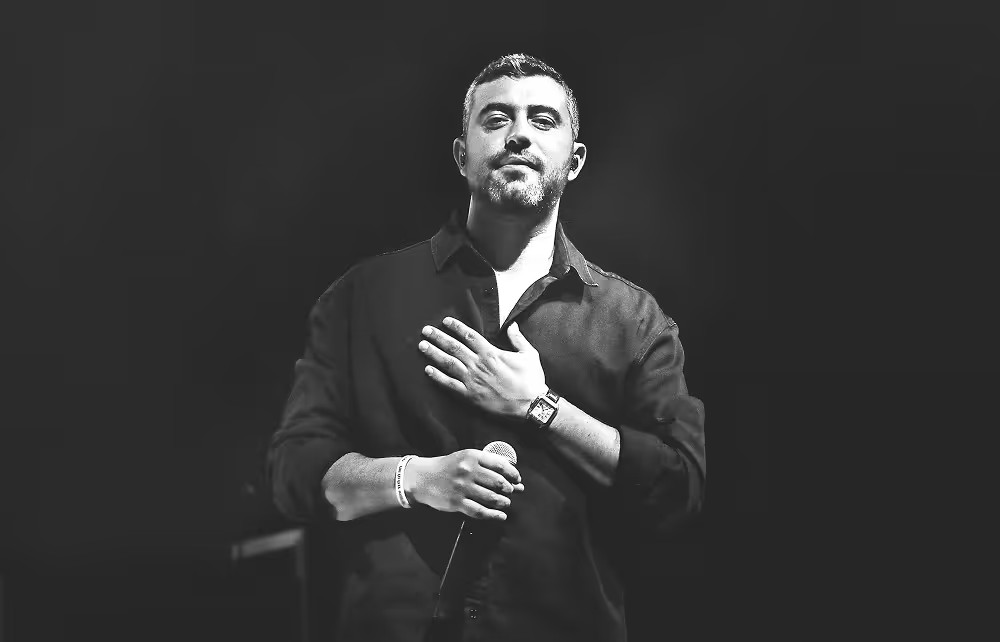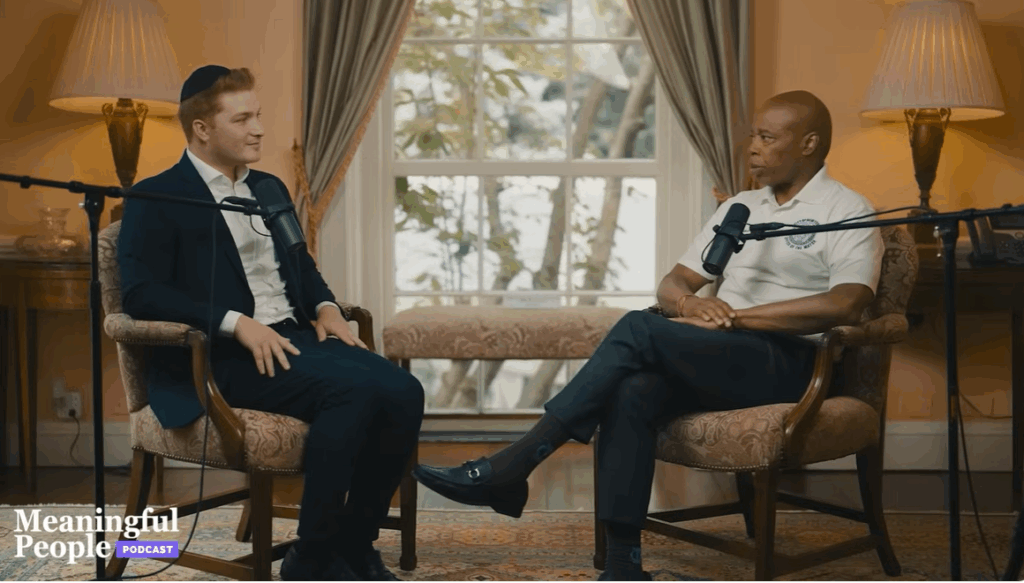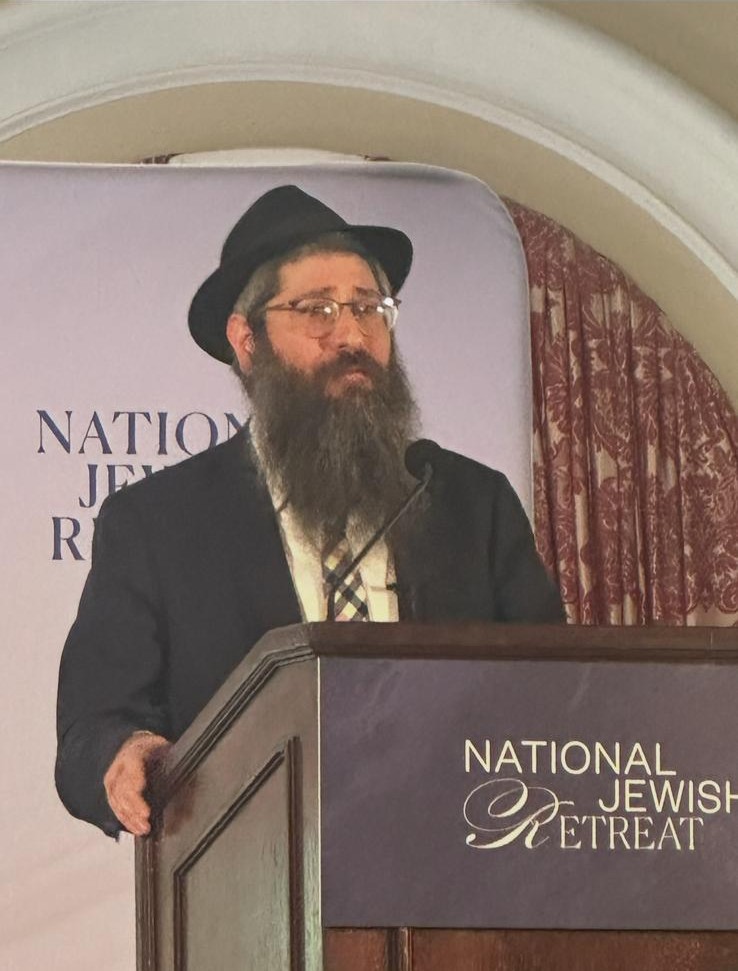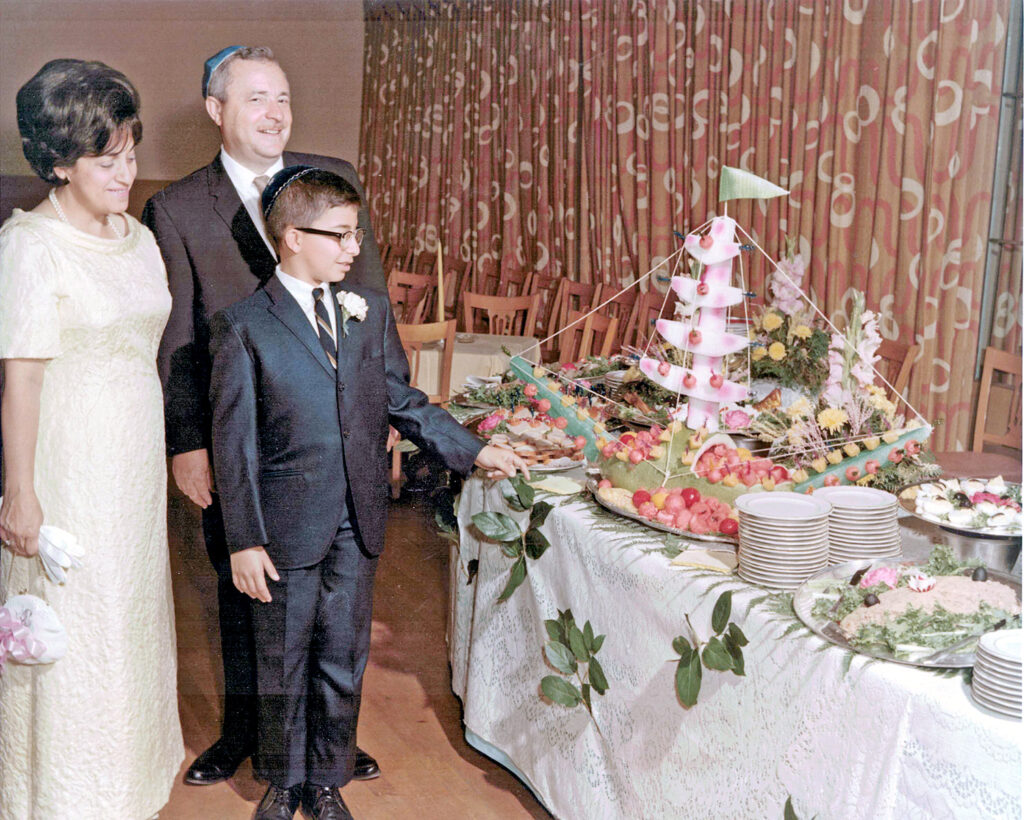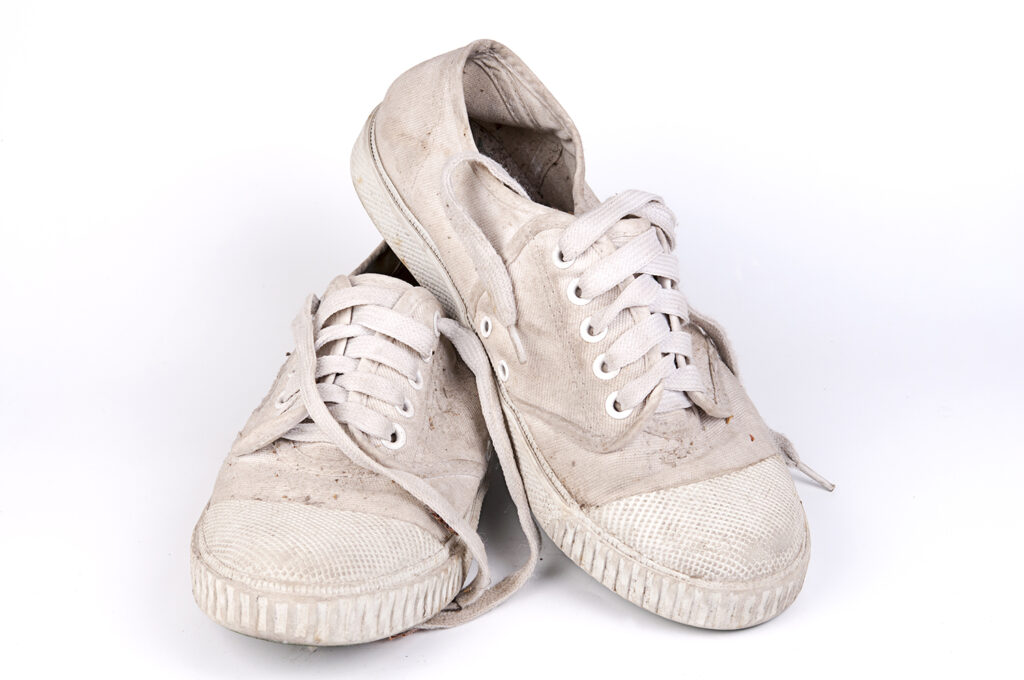The Hills Are Alive
Last week I received a note from Rabbi Ephraim Luft in Bnei Brak informing me that he has a collection of halachic edicts from leading rabbanim informing the public that attending concerts is a serious violation of Jewish law and outside the parameters of what it means to be a Torah-observant Jew.
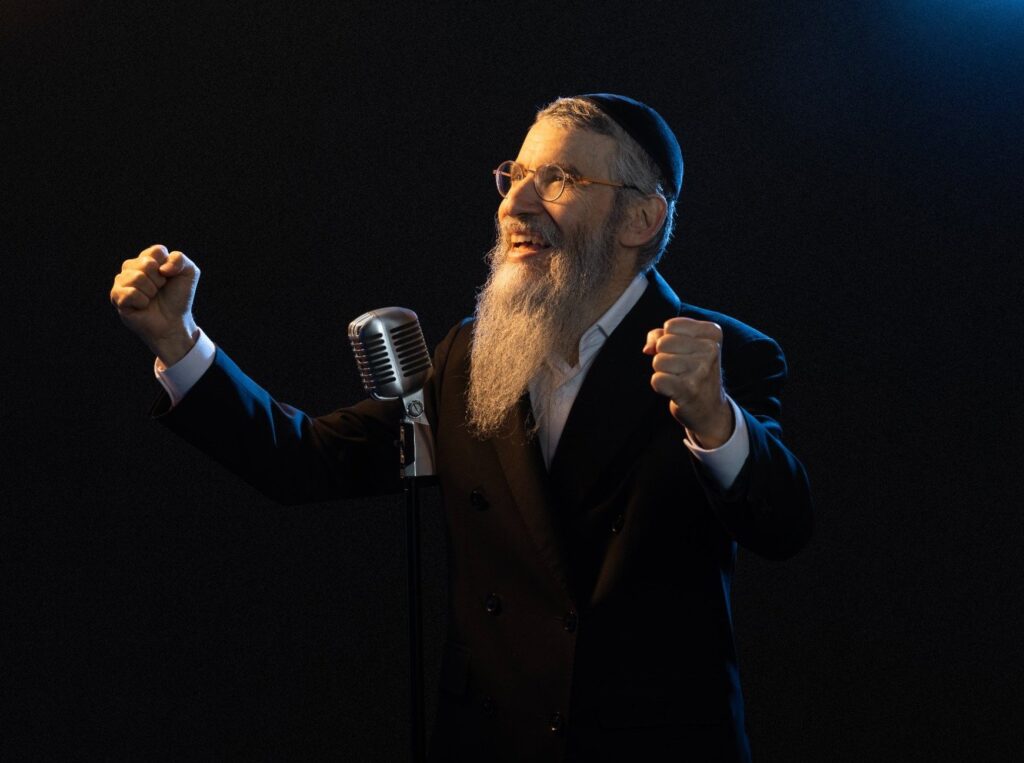
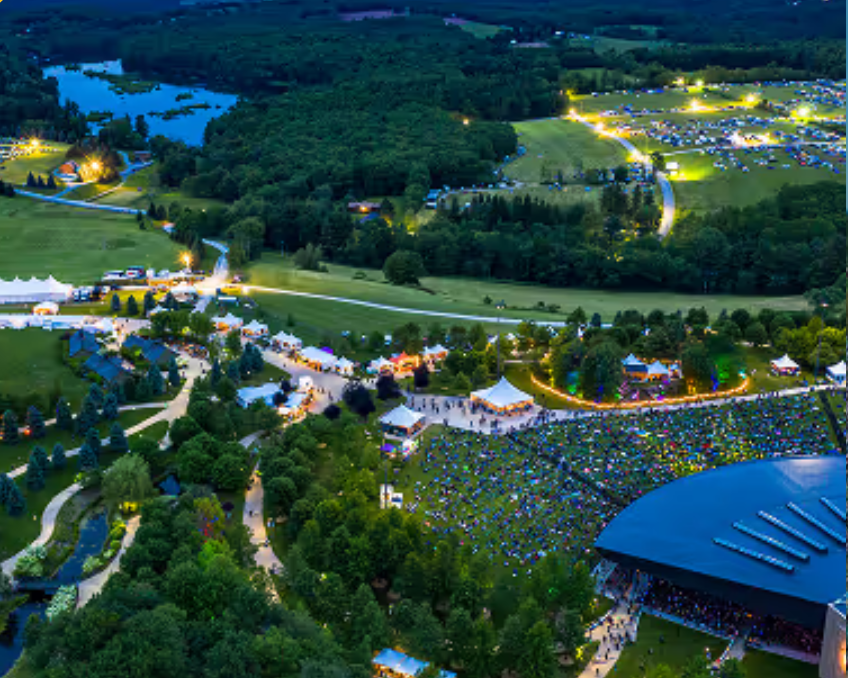
This is not just about the Three Weeks or Sefirah: this is every day of the year.
The note from Rabbi Luft was apparently motivated by the widely publicized and greatly anticipated Ishay Ribo-Avraham Fried concert that is scheduled to take place in Bethel Woods on Thursday, August 7, erev Shabbos Nachamu, in Bethel, New York, which is in the Catskills between White Lake and Monticello.
As usual, following the Three Weeks and the fast of Tishah B’Av, Shabbos Nachamu is traditionally a so-called breakout Shabbos where some of the celebrations can be a little over the top, but are usually much within the parameters of the joyous experience of what it means to be a Jew living at this time and in this challenging era.
Rabbi Luft, who was born in England but moved to Eretz Yisrael to attend yeshiva almost fifty years ago, says that his life’s work has been legislating against music that he maintains violates Jewish law.
“I like music and I have a collection of what I consider to be tasteful music at home,” he says. But he adds that today’s music is not something to be listened to or enjoyed in public.
Rabbi Luft cites the Rambam and more recently Rav Moshe Feinstein, zt’l, who stated that in the aftermath of the destruction of the Holy Temples in Jerusalem, which we mark on the 9th of Av, achieving a high level of joy and happiness through music is not appropriate.
Rabbi Luft’s note intrigued me and I was interested in this seemingly unusual position, but it certainly was not my place to debate him on the issue. I forwarded the psak he sends around to some people and to several performers, but so far none have responded. Perhaps it’s just my take on this subject, but I interpret the lack of a response as they do not take the matter too seriously.
He claims that it was his work that forced the cancellation of a Lipa Schmeltzer concert that was supposed to take place in Madison Square Garden 17 years ago in 2008. I’m not sure about the details of the event at that time, but I do recall a concert of his being cancelled due to rabbinic pressure. The circumstances surrounding that decision are still being discussed and debated today in some circles.
Rabbi Luft talks about concerts by Mordechai Ben David and the Miami Boys Choir that he was instrumental in putting a stop to in Israel years ago. He says that today’s Jewish music mimics rock and roll, and therein lies the problem. What can I really say about all that? I told him that I don’t agree with him and that I’ve been to my share of great concerts over the years and I have observed an array of very formidable yeshivapeople and Torah scholars enjoying an evening of entertainment within the parameters of good taste and propriety on a level commensurate with holiness and a holy people.
For his part, Rabbi Luft said that amongst other things, it is prohibited to take words of Torah and apply them to song or a tune. I asked him about the shirah and how the Jewish people sang with great joy as they exited the Egyptian exile while on their way to receiving the Torah at Har Sinai and crossing over to the Land of Israel. I also asked him about the way our people, especially the Leviim, provided their part of the holy service as musicians, playing instruments with their special brand of song.
His response to me was that there is no comparison between what is dictated by Torah and what our contemporary society has latched onto, misconstrued, and even twisted to connect our holy words to rock music and songs.
We didn’t talk much about the men and women sitting together, which is of course something he objects to. It’s the fun and giddiness that accompanies being in such a crowd that doesn’t even pay to discuss with him. He insists that people have shared with him that at some concerts, men and women were seen dancing together. I’ve attended an unusual number of these types of concerts both here and in Israel and I have never seen any men and women dancing in unison at any of these shows.
I think what he means is that during the highlight of these musical extravaganzas, you have groups of men and women dancing at different parts of the theater or arena. So, in a sense they are not dancing together, but rather dancing at the same time far away from each other.
Interestingly enough, this is not Rabbi Luft’s only issue and you might find that you agree with him more about the second issue than about the concert matter. And that is the decibel level of music being played or performed at our simchas. He says the outrageously loud level of the music is offensive and wrong and, in most cases, shatters the quality and nature of a simcha that is being celebrated.
Once upon a time, people might have been somewhat offended if their host at a simcha sat them too close to the band or the speakers from which the music emanated. Today, at many simchas, it really doesn’t matter where you are seated, the music can feel like it’s following you everywhere and consuming you.
He points out that a lot of the fault lies with the fact that the DJs who play recorded music at many events just turn the volume up to the highest decibel and that is considered as having happy music, adding a dimension to the level of joy and the celebratory nature of the party, bar or bat mitzvah, and so on.
From the perspective of Jewish law, Rabbi Luft says that at events of this nature, exposure to excessive sound levels even for short periods can damage people’s eardrums and cause hearing loss due to the delicate structure of the inner ear. For this reason, very loud music is a violation of halacha on multiple levels.
Rabbi Luft, who says he’s been working on this matter for forty years, said that he has always had difficulty penetrating the Orthodox Jewish market in the U.S. He adds that when he was in the U.S. some years back, he met with editors of Hamodia and its publisher, Ruth Lichtenstein. He says that he prepared and submitted an article on the matter of attending Jewish concerts and how he had acquired multiple rulings from various rabbis supporting his premise. He says she refused to run the article, telling him that the reason was because her readers were not interested in that issue.
The fact is that I don’t think people want to be lectured to in this fashion. There are more than a few times in the Gemara where Chazal decided not to invoke a ruling because they believed it was too much of an imposition on the people, and that they probably would not abide by it anyway.
Ishay Ribo, Abraham Fried, Yaakov Shwekey, and so many others have over the years inspired millions of people in very good and positive ways. The pre-Shabbos Nachamu concert in upstate New York will not be any different. People will attend and, most likely, enjoy themselves. Rabbi Luft is serious and means well, and while his work is to be commended, we’re not there yet. n
Read more of Larry Gordon’s articles at 5TJT.com. Follow 5 Towns Jewish Times on Facebook, Instagram, and Twitter for updates and live videos. Comments, questions, and suggestions are welcome at 5TJT.com and on Facebook, Instagram, and Twitter.





